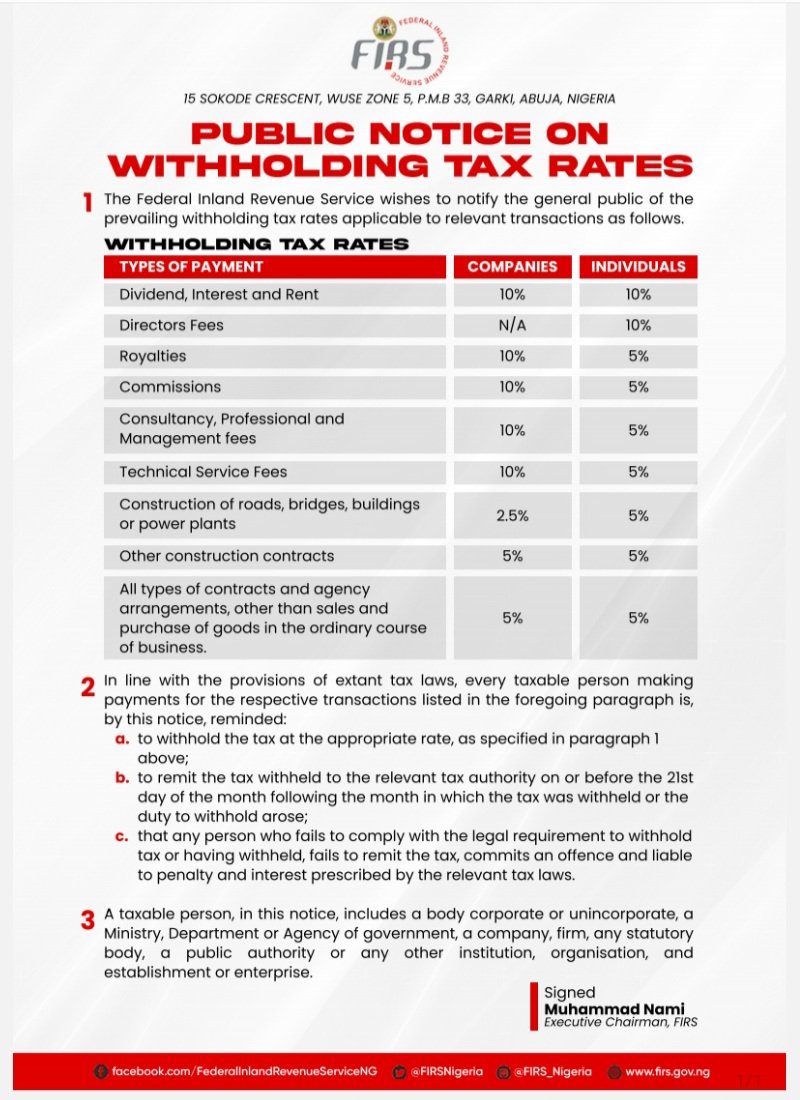 It is a big relief for Nigerians that workers did not begin the much publicized nationwide indefinite strike initiated by the Nigeria Labour Congress (NLC), the Trade Union Congress (TUC) and other labour unions.
It is a big relief for Nigerians that workers did not begin the much publicized nationwide indefinite strike initiated by the Nigeria Labour Congress (NLC), the Trade Union Congress (TUC) and other labour unions.
The call for nationwide strike, scheduled to begin in the early hours of today, November 6, was necessitated by the alleged failure on the part of the government to honour the N30,000 new minimum wage for average Nigerian worker as agreed on by a tripartite committee set up to deliberate on the new wage, away from the existing minimum wage of N18,000.
All said, Nigerians who have been held with fear of the Armageddon befallen the country as a result of prolonged strike, this morning, woke up to hear a cheering news that the organized labour unions had suspended the action even before it commenced. Of course, it would not have been for nothing that the labour unions quickly called off the strike if the government had not conceded to their demands, given the force with which they rose to effect the strike.
We sincerely commend the resilience and doggedness of the leadership of the labour unions and Nigerians for standing up in unison to pursue this common course of ensuring respectable living wage for the workers. The battle, which the labour unions have obviously won for the Nigerian toiling workers, will be recorded in history as a battle for the emancipation of the downtrodden.
Indeed, the battle for the increase in the minimum wage needs to be seen in the context of the beginning of the real battle for the sustenance of decency in the way wages and allowances for the workers are managed by the government at all levels. For long, it has not just been the increase in the wage that had been the headache of the workers but the continue payment of the wages and allowances.
It is on record, which everyone knows, that even as the labour unions are fighting for the new minimum wage, many state and local governments across the country have not been up to date in the payment of the old minimum wage. Some state governments are owing their workers’ salaries for an upward of ten months and more.
As a matter of fact, it would be senseless for the labour unions to stampede governments into conceding to their demand for N30,000 minimum wage only for them (labour unions) to go to sleep when such wage is not being paid. The battle for the payment of the new minimum wage, to us in Greenbarge Reporters, should be more fierce and enduring than the battle to get the government to concede to the new minimum wage.
As a matter of fact, conceding to new minimum wage by any government, especially as a way of stemming strike, is easier done than implementing, and the unions should not deceive themselves therefore, that the new minimum wage would be paid to workers in the next one year. For the federal government, the new salary scale would have to be presented in the form of Executive Order by the President to the National Assembly for approval. The National Assembly may not be in a hurry to do the needful before the end of this year, having regard to the urgent need to attend to the 2019 national budget proposal. For a fact, the new minimum wage is likely not to be reflected in the budget.
It is possible that the 2019 budget proposal has already been put together and will soon be presented to the joint session of the National Assembly anytime from now, ruling out the possibility of the new minimum wage of N30,000 being included.
As for the state governments, experience has shown that even when they were given bailout fund to settle the outstanding salary arrears to their workers, they refused to do so, much more the new minimum wage that is being proposed to be added.
How would the labour unions coordinate well to ‘force’ the recalcitrant state governments to pay the salaries and much more, the new minimum wage to their workers as and when it is due, should be the new thinking.
Failing by the unions to monitor the salary payment administration in states and local governments, as well as ensuring that it is properly reflected in the federal budget as soon as possible for workers to enjoy the fruit of the muscle that was flexed for the N30,000, would amount to taking Nigerian workers for granted and a grand deception.
Another bigger battle is the price response in the open markets to increase in national workers’ salary. There has been a trend in which mere announcement of increase in workers’ salaries would trigger astronomical rise in prices of food items and other essential commodities in the Nigerian markets.
In many case studies and realities, market women and business people are always waiting in the wings to make nonsense of the purpose of the battle which the union leaders waged to get the government to increase workers’ wages, this time, the new minimum wage. To be sure, the battle with increase in prices of essential commodities which the workers with new minimum wage ought to enjoy has never been won over the years.
It will not be surprising, by the establish standard, to wake up tomorrow and find that prices of essential commodities have gone up, even when the new minimum wage is still undergoing legal and administrative processes.
The labour unions would therefore, have to find ways of stopping such reversal of the purpose for which course the new minimum wage was fought and won.
In all, the labour unions owe the workers the task of ensuring that the Shylock business people and market women do not make great nonsense of the new minimum wage for the poor workers when it starts coming. It should take the labour unions the same dexterity and savvy with which they arm-twisted the government to agree to the new minimum wage. That is when the first battle will have some relevance in the lives of the end-users – the workers.








